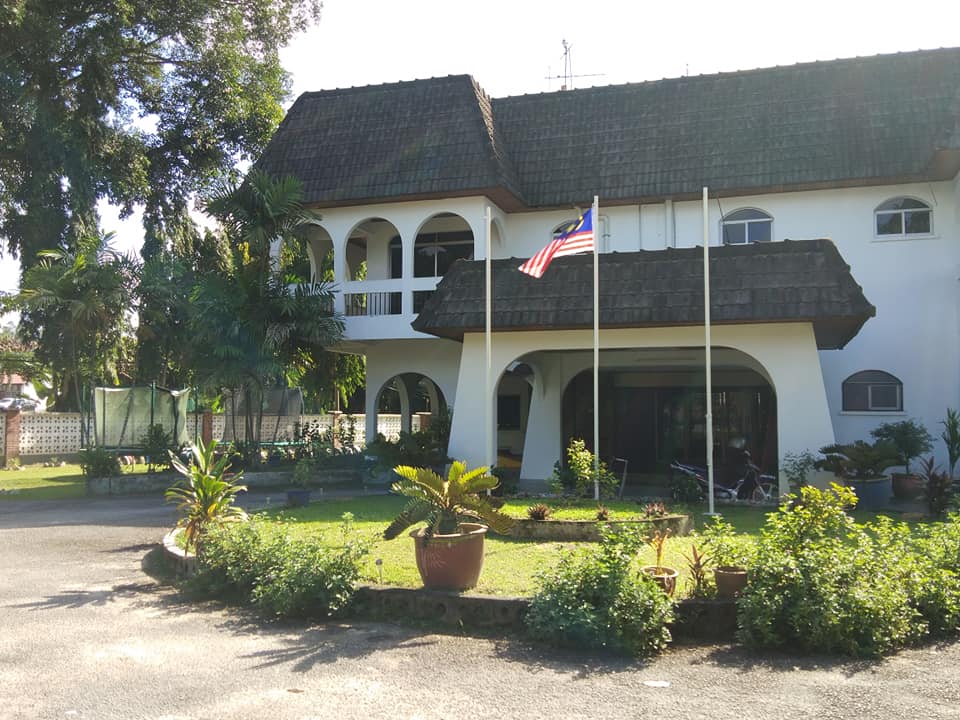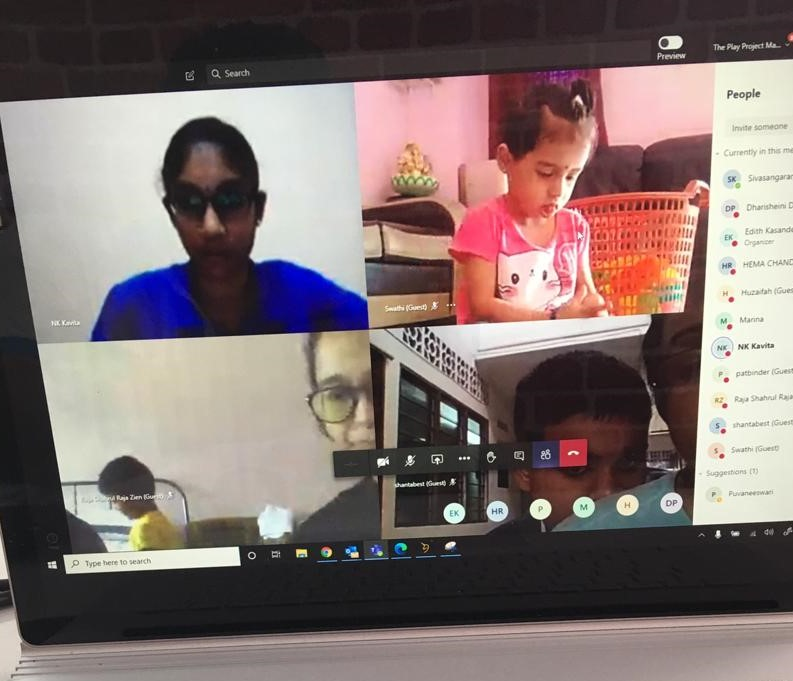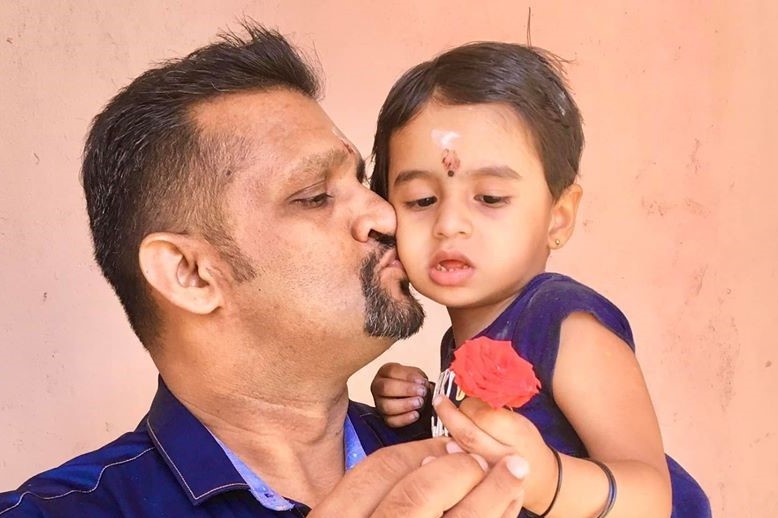Malaysia’s Play Project Mahavidya turns to Microsoft Teams to support and stay connected with parents and children with special needs
In August 2018, Sivasangaran Kumaran scaled Mount Kinabalu, Malaysia’s highest mountain. He did it not for adventure or as a test of physical strength, but to raise funds and create awareness about rare diseases.
Siva’s daughter, Swathi, was six months old when she was diagnosed with infantile-onset Pompe disease – a genetic disorder which stops the body from producing enough of an enzyme needed to break up glycogen, a complex sugar. Because of this, glycogen builds up primarily in muscles, damaging the function and structure of tissues.
“When our daughter was diagnosed, it came as a shock,” Siva says. Before joining Microsoft as a senior service delivery manager, Siva worked in the healthcare sector, but “I never heard about rare diseases – not even Pompe.”
Siva has experienced first-hand the emotional and financial challenges of caring for a child with a disease with no cure. Swathi, now three, receives weekly enzyme replacement therapy, as well as supportive treatment through physical and speech therapy.
“My daughter has a condition which will prevent her from having a normal life,” says Siva. “Once I started to accept that fact, the next step was to provide her the best of life she deserves by whatever means possible.”
The need to access therapy during a pandemic
However, getting the right care for her was interrupted when the COVID-19 pandemic reached Malaysia’s shores and the government introduced a temporary movement control order (MCO) to prevent the virus from spreading. Confined to their homes, children with rare diseases or special needs were unable to access their regular therapy and learning sessions.
For Swathi, this meant losing momentum in learning abilities such as walking. “She started to tiptoe and fall more compared to when the therapy was there,” Siva says.
Pearly Wong, a parent of a child with autism, experienced similar issues. “As my son was confined with limited activities due to the MCO, some of his repetitive behavior resurfaced,” she says.
A virtual connection
Before COVID, Svia’s and Wong’s children had been attending sessions at the Play Project Mahavidya, a therapy center in the Malaysian city of Seremban. When the center closed due to the enforced MCO, its team had to find another way to help child clients and their parents.

The team started offering online video therapy sessions. “Parents are not therapists or teachers, so our aim was to guide them remotely on how to do activities with their children to maintain achieved milestones,” says Play Project Mahavidya co-founder Edith Kasander.
This great idea, however, had teething problems. Play Project Mahavidya found the initial video conferencing software they used was too complex to work with, and they faced difficulties inviting people and sharing content. When the team approached Siva for help, he suggested using Microsoft Teams.
Through these Teams meetings, Play Project Mahavidya conducts one-on-one and group therapy sessions. It also hosts webinars for parents on how to manage the special needs of their children.
“We attended a webinar organized by the Play Project using Microsoft Teams,” Wong says. “It was easy to join, and the information they shared was useful. As parents, we were glad to be able to use technology to share our struggles and exchange ideas during the pandemic.”

For Siva, helping Play Project Mahavidya was a way to give back to those who have supported his family. And, so far, the Teams interactions have been useful.
“As for Swathi, we assisted her to follow the lead given by the therapist over the video call. We’re glad we could leverage the knowledge gained from the remote sessions and train her at home so as not to lose much on her milestones,” he says.
The government has recently lifted the MCO, but buoyed by their success Play Project Mahavidya has decided to keep conducting webinars via Teams. These virtual connections enable the therapy center to stay connected with more parents and help them better support children with special needs.
Advocating for a better quality of life
Meanwhile, Siva is moving ahead with volunteer work with non-governmental organizations to fundraise and create awareness among the public and policymakers about better ways to treat and combat rare diseases. He also provides emotional support for affected families.
“Parents need a support system to let them know they’re not alone,” says Siva. “I’m here to support them because I’ve been there and I know the pain. So, together we’ll help reduce the pain.”
TOP IMAGE: Sivasangaran Kumaran and his daughter Swathi.





